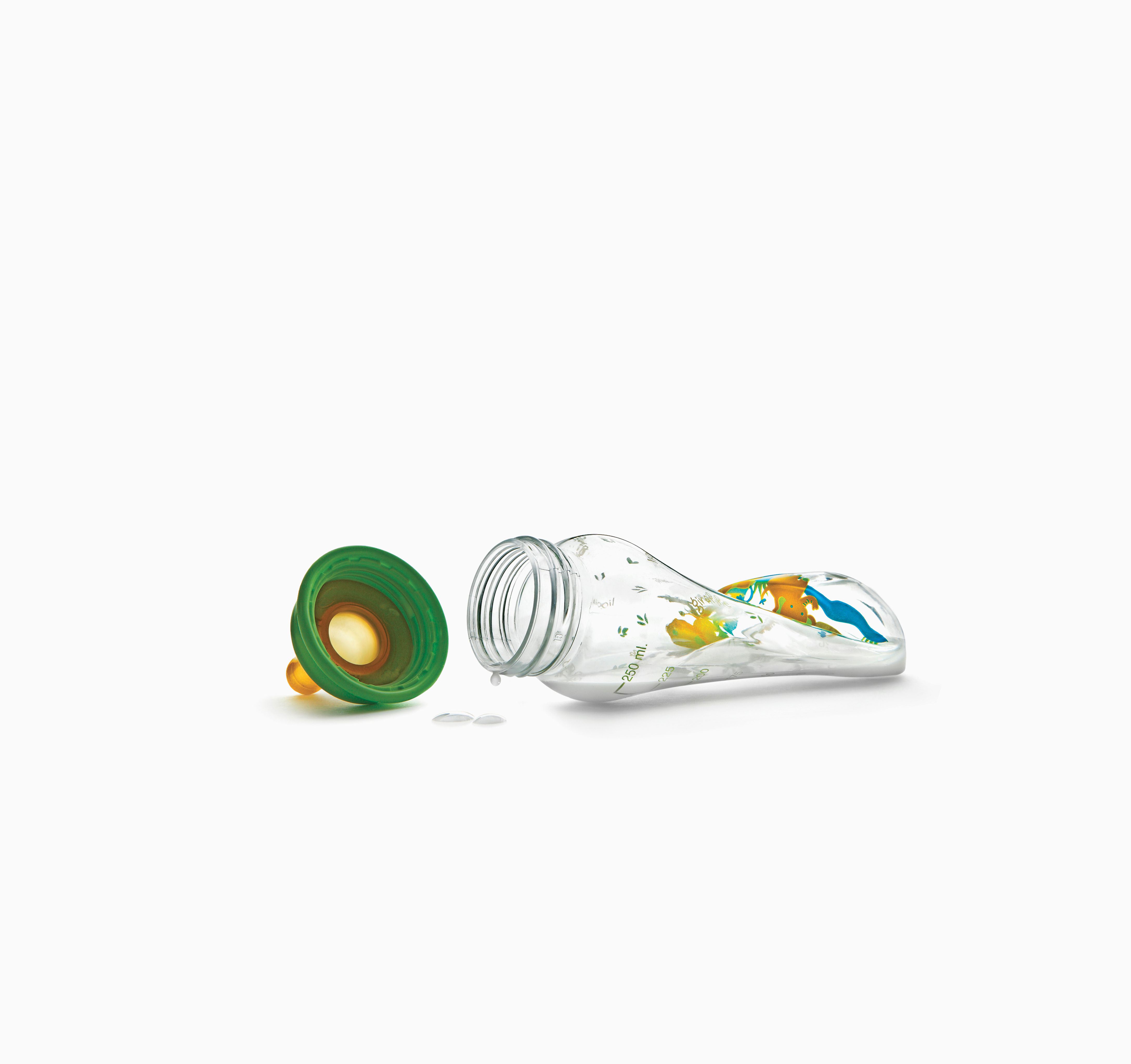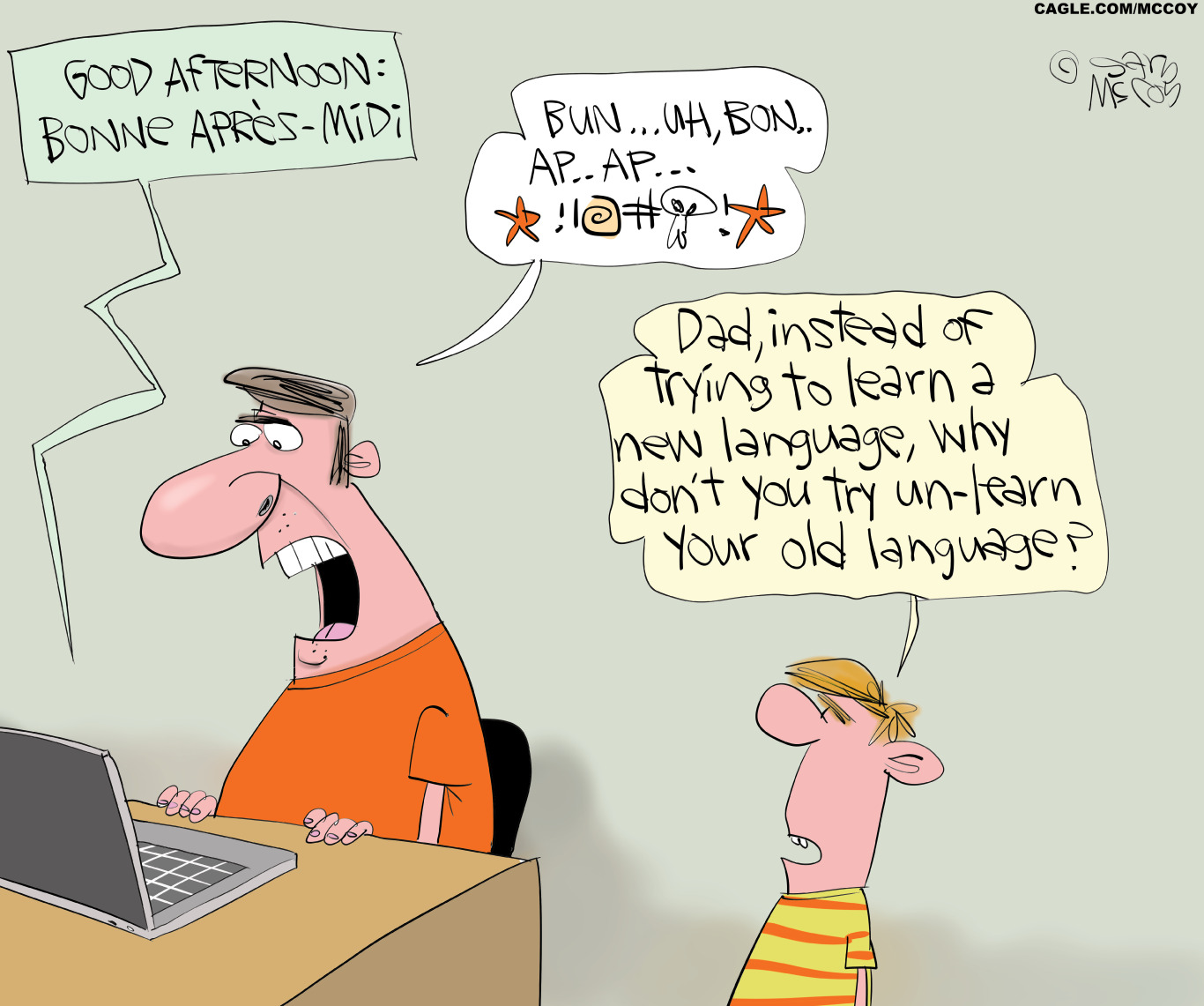The breastfeeding zealots of the neonatal ward
I struggled to breastfeed. I asked my hospital nurses for formula. They steamrolled and judged me. This is not uncommon.

Breastfeeding zealots really need to back off — especially when they work in the newborn ward of a hospital.
After the birth of my daughter last summer, I spent my first several days in the hospital struggling to breastfeed. It really did not go well. And the entire experience would have been so much better if only the staff had been even mildly open-minded about alternatives to breastfeeding.
I'd planned to breastfeed exclusively, but my milk didn't come in until my baby's sixth day of life. She screamed round the clock in what seemed like hungry desperation. I suggested supplementing with formula. But the hospital staff was simply not having it. Their insistence on breastfeeding seemed relentless, especially in my exhausted state. Every lactation consultant appeared alarmed when I suggested supplementing with formula.
The Week
Escape your echo chamber. Get the facts behind the news, plus analysis from multiple perspectives.

Sign up for The Week's Free Newsletters
From our morning news briefing to a weekly Good News Newsletter, get the best of The Week delivered directly to your inbox.
From our morning news briefing to a weekly Good News Newsletter, get the best of The Week delivered directly to your inbox.
Hey, what do I know? I figured. It's not like I've ever done this before.
Meanwhile, I grew more and more sleep-deprived and desperate. I cried regularly, silently, and hadn't slept in days, but no one seemed worried about anything but my commitment to breastfeeding. I sat through one lactation consultation after another with matted hair and tears in my eyes. Staff members grabbed my breasts to manipulate them without asking, which I normally would have protested, but I was too tired to think or speak much at all. When do I sleep? I wondered, the script a broken record in my brain run ragged.
It was all too much. I felt like I was constantly being sold a bill of goods by a set of aggressive salespeople, not trying to ease into postpartum recovery. It was time to figure out why. I started Googling.
It turns out, this — that is, the dogged insistence on exclusive breastfeeding at the expense of everything else — was part of a larger hospital initiative. And I had had enough of it. My husband begged a nurse to bring us formula and a pacifier. The staff was resistant at first, but eventually, someone brought it. My daughter sucked down the formula greedily and finally fell into a deep sleep (and so did I). It was the best thing we could have done.
A free daily email with the biggest news stories of the day – and the best features from TheWeek.com
Afterward, a lactation consultant expressed happiness at my daughter's weight gain. "This is some of the best weight gain we've ever seen!" she exclaimed.
"They're supplementing," a nurse told her, and they shared a knowing look. The consultant's face fell. She looked sidelong at the pacifier on the counter as if it was a bong. She straightened herself up and looked me in the eyes.
"Well," she said, her mouth now a thin line, "I just want to let you know that if you keep doing this, she won't want to breastfeed when you get home. And pacifiers cause something called nipple confusion. But if this is what you want …"
I felt more like a naughty child than an empowered parent. I was stunned by the experience, and by my own inability to advocate for myself. I hadn't considered myself to be the type of person who would easily succumb to guilt and pressure, but the combination of a medical context and its requisite assumption of authority, sleep deprivation, and new motherhood left me reeling.
Once I got home, I did some research on what I learned was called "the Baby-Friendly Hospital Initiative." The BFHI was introduced in 1991 by the World Health Organization and the United Nations Children's Fund (UNICEF). Hospitals that have or are working towards the accompanying designation have to follow the Ten Steps to Successful Breastfeeding, which include "rooming-in" (mothers and children sharing a room 24 hours a day), not giving "pacifiers or artificial nipples to breastfeeding infants," and training staff and new parents about the benefits and best practices of exclusive breastfeeding (EBF).
The initiative has been controversial in the United States, even as it has garnered substantial support. In 2016, a team of physicians published their concerns about the Baby-Friendly Hospital Initiative in JAMA Pediatrics. Their primary concerns included the exclusion of pacifiers, as pacifiers have been shown to reduce SIDS risks; mothers being left unsupervised while rooming-in and medicated or exhausted; and the rigidity around formula supplementation, which, they argued, has not actually been proven to reduce subsequent breastfeeding rates.
Some mental health professionals and maternal health experts in particular are concerned that the push to remove nurseries and promote rooming-in neglects the emotional and physical well-being of mothers, and puts them at higher risk for developing postpartum depression. Some mothers have reported feeling shamed, judged, and criticized when they supplemented with formula or didn't want to breastfeed; and having their requests for help, sleep, pacifiers, or formula ignored or outright denied, with the consequences sometimes becoming dire.
Supporters of the initiative posit that BFHI, by making lactation education and resources accessible to every new parent, provides a potential way to eliminate race and class disparities in infant mortality rates and health outcomes. Julia Pelly argues persuasively at Vox that "the public health push for breastfeeding is designed to eliminate health disparities between the rich and poor and create, at least in early infancy, a semblance of equality in health." Other experts emphasize the fact that, under BFHI guidelines, hospitals aren't serving as advertisers for formula and are not as influenced by commercial interests.
Many parents have indeed found the "baby-friendly" approach empowering and educational. Shannon Shea, a Maryland mom who gave birth at a baby-friendly hospital, told me, "I found the fact that there was a lactation consultant on-site and regularly available very helpful for establishing and maintaining breastfeeding. I was very glad that the baby could 'room-in' with me, as I would have hated having the baby taken away regularly."
Erin Heger, a Kansas mother to one son, by contrast, says that while her birth experience was largely positive, she felt shamed by staff members during the postpartum period: "My baby roomed in, of course, and sending him elsewhere wasn't an option even though I was in severe pain and needed rest. … The second night I was up all night nursing him and when the doctor came to check on me in the morning I was in tears and he just kind of shrugged and didn't know what to do or say. … Honestly, I wonder a lot if that pain and exhaustion and guilt were the perfect catalyst for the PPD I ended up developing several months later. … I don't think I ever made up for that sleep debt."
In some ways, debates over baby-friendly hospitals are new, while in many others, they reflect ongoing conflicts about birth. Some mothers report extreme exhaustion when nurseries are not available in baby-friendly hospitals. Others prefer rooming-in, and were upset by what they perceived as staff members taking liberties with their infants (removing them from their presence for medical procedures, for example) without their explicit consent. Both complaints, though they may at first blush seem diametrically opposed, raise issues of parental consent within a medical context that too often presents itself as a top-down hierarchy: hospital administration, doctor, nurse, baby — and mother last. Dead last.
But it's often not protocols that matter as much as staff attitudes and implementation. The problem in my case wasn't necessarily the "baby-friendly" concept itself: It was that we didn't follow the script, and the staff seemed determined to perform it and to adhere to it as rigidly as possible. Moreover, the baby-friendly guidelines suggest that formula should be provided to parents if requested; any judgment beyond that is not the fault of the guidelines, but how they're carried out by individuals. The staff's disrespect of my choices and my family's needs left me feeling resentful and created a negative association with breastfeeding in my mind. Rather than empowering, I saw it as a reminder of those moments when I looked into clinicians' eyes with fear and desperation and saw only judgment.
Recent data suggests that a third of new mothers report experiencing trauma during their hospital stay. Many of those mothers say that their treatment by birth professionals was one of the main sources of that trauma. Even if we collectively agree that exclusive breastfeeding is a worthy goal, we can't promote it at the expense of mothers' health, dignity, or informed consent. Trauma, including the trauma of not being heard in a medical context, should be treated as an essential public health issue rather than reduced to "hurt feelings."
Every birth experience is different, and what was traumatic and painful for me might be the key to an empowered birth for someone else. But we must ask questions, like how do we measure breastfeeding and infant health "success?" Do we take mothers and parents equally into account when we measure that success and when we design protocols? Do we consider mental health as seriously as we consider physical health? And is there an inappropriate power dynamic between patients and clinicians that needs to be unraveled?
To answer these questions, we need to find new ways to talk about birth — ones that are expansive rather than exclusionary, both/and rather than either/or. Because birth is a constant, it serves as an effective cultural barometer of how we approach public health issues.
Each birth is not just an individual experience, but a microcosm of the social, financial, and political factors that come to bear on our vulnerable minds and bodies every time a new life comes into the world — our world, including our medical system, and all of its triumphs and failings. We can't ignore the birth stories that don't fit within our own preconceived notions, our checkbooks, our agendas, or our worldviews. And our medical system shouldn't either.
-
 A lemon-shaped exoplanet is squeezing what we know about planet formation
A lemon-shaped exoplanet is squeezing what we know about planet formationUnder the radar It may be made from a former star
-
 Political cartoons for January 4
Political cartoons for January 4Cartoons Sunday's political cartoons include a resolution to learn a new language, and new names in Hades and on battleships
-
 The ultimate films of 2025 by genre
The ultimate films of 2025 by genreThe Week Recommends From comedies to thrillers, documentaries to animations, 2025 featured some unforgettable film moments